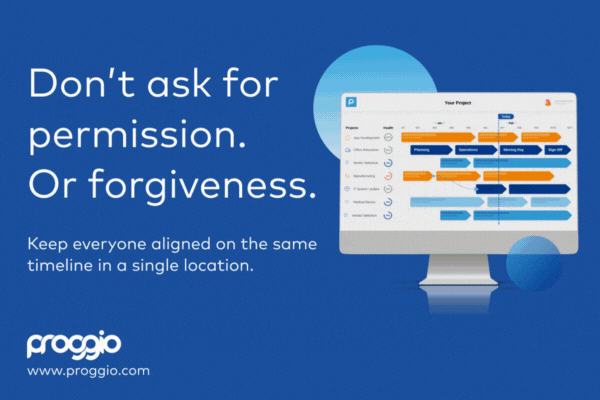Educating the Stakeholders: Whose Job is it Anyway?
I closed last month’s post with “As a project manager (PM) it is your responsibility to educate your team, your client, sponsor, manager and those responsible for setting client expectations so that they all understand the realities of estimating.”
Taking it a step further, it is the PM’s responsibility to educate all the other stakeholders regarding the principles, techniques, costs and benefits of project management. Of course, some may be thinking that there is enough on their plate without having to educate the world about PM. If not you, who?
Without a conscious effort to educate the stakeholders about project management, there is the risk that they will not adhere to PM best practices or, if they do, they may do it without the real buy-in that makes for effective performance.
Sharing Practical Knowledge
What do we mean by educating? It is sharing knowledge in a way that better enables stakeholders to play their roles effectively and to clearly understand the trade-offs and benefits of applied project management. Don’t bore people to death by telling them everything you know about the PMBOK. Instead bring out the right knowledge in the right way at the right time. It is just-in-time learning. It is not theory; it is practical and completely relevant to the situation at hand.
A Good Example
For example, the lesson on realistic estimating is best given in the context of estimate negotiation when you share the need to consider deliverables, past performance, resource capacity and availability, uncertainty, environmental conditions and other factors when estimating.
In the midst of the estimate negotiation you have peoples’ attention. Take a few minutes to bring out the fact that, in the past, unrealistic estimates have caused serious problems. See if you can get the other parties to acknowledge the truth of that statement. Then ask “Do we want to repeat that behavior knowing what we know from our experience?” Maybe that will bring up questions about what you (collectively) have learned from past experience. If it does, you are at a ‘learning moment’.
Organic Learning
Estimating is only one topic for educating stakeholders. As the project proceeds there are lessons on project risk management, monitoring and controlling and anything else that is relevant, given the nature of the project, the people and the situation at hand. As you share your PM knowledge in this way, you create and take part in organic learning. Learning and reinforcing learning and best practices becomes a natural part of the process.
As a project manager, it is part of your responsibility to make sure you are sharing your PM knowledge and experience with the greater team so that everyone can perform effectively, eliminating waste, staying in control and delivering quality results.
If not you, who?
Don’t forget to leave your comments below

รับฟรี เดิมพัน w88 รหัสโบนัส
… [Trackback]
[…] Here you will find 76041 more Info on that Topic: projecttimes.com/articles/educating-the-stakeholders-whose-job-is-it-anyway/ […]
หวยออนไลน์
… [Trackback]
[…] Information on that Topic: projecttimes.com/articles/educating-the-stakeholders-whose-job-is-it-anyway/ […]
300 mg edible
… [Trackback]
[…] Find More on to that Topic: projecttimes.com/articles/educating-the-stakeholders-whose-job-is-it-anyway/ […]
faceless niches
… [Trackback]
[…] Here you will find 10005 additional Info on that Topic: projecttimes.com/articles/educating-the-stakeholders-whose-job-is-it-anyway/ […]
สล็อตค่ายใหญ่
… [Trackback]
[…] Info on that Topic: projecttimes.com/articles/educating-the-stakeholders-whose-job-is-it-anyway/ […]